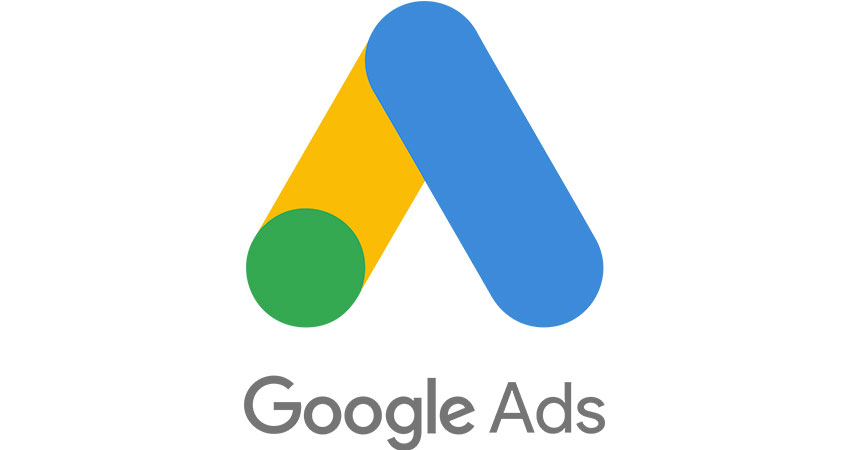The Department of Justice is again suing Google for alleged antitrust practices, this time over its dominance in ad technology, with the DOJ making the case that its market dominance over both the buy and sell side of the equation effectively muscles out competitors.
This is a companion piece to DOJ’s 2020 antitrust lawsuit targeting Google’s search dominance, which was joined by 11 states, an action that is yet to go to trial. The DOJ is joined in the latest action by attorneys general from Virginia, California, Colorado, Connecticut, New Jersey, New York, Rhode Island and Tennessee.
In a 149-page filing, the DOJ alleges that Google has unlawfully monopolized the whole show – publisher ad server, ad buying tools and the ad exchange itself – through a series of acquisitions, the interlocking aspects of its platforms and nefarious changes to how its technology works. This, according to the DOJ, has effectively shut out rivals, making customers captive through prohibitively high switching costs.
“Competition in the ad tech space is broken, for reasons that were neither accidental nor inevitable,” the DOJ asserts in its filing. “One industry behemoth, Google, has corrupted legitimate competition in the ad tech industry by engaging in a systematic campaign to seize control of the wide swath of high-tech tools used by publishers, advertisers and brokers to facilitate digital advertising.”
Google’s plan, the DOJ states, has been to neutralize or eliminate ad tech competitors through acquisition, wield its dominance to force publishers and advertisers to use its products, and built a deep moat that made it difficult and expensive for them to go to rival firms.
“Whenever Google’s customers and competitors responded with innovation that threatened Google’s stranglehold over any one of these ad tech tools, Google’s anticompetitive response has been swift and effective,” the DOJ stated in the complaint. “Each time a threat has emerged, Google has used its market power in one or more of these ad tech tools to quash the threat.”
The DOJ spend a good bit of the new filing attacking Google’s attempts to thwart “header bidding,” a competitive tool that allows advertisers to bid on multiple ad exchanges simultaneously, in real time. Seeing this as a clear competitive threat, in 2017 Google went into war-room mode, the DOJ alleges, launching “Project Poirot” to counter it and keep advertisers captive.
“If header bidding consolidates all non-Google demand, we could lose our must-call status and be intermediated,” a caption alongside a Google internal diagram stated, per the DOJ complaint.
Header bidding did not immediately threaten Google’s ad exchange dominance, based on “hard wired” ad selection rules in its publisher platform, and would have meant higher revenues for publishers, lower ad tech fees and better ROAS, according to the DOJ. Google nonetheless pursued a multi-pronged strategy to “dry out” rival ad exchanges that pursued header bidding, which proved highly successful. Competitive exchanges include Criteo, MediaMath, The Trade Desk and Open X.
The remedy suggested by the DOJ is divestiture “at minimum” of the Google Ad Manager suite, including its publisher ad server, DFP, and the AdX exchange, which it says together ensure monopolistic market dominance.
In response to the DOJ, Dan Taylor, Vice President of Global Ads for Google, said the government should not be picking market winners and losers, while lauding the Biden administration for its antitrust enforcement and the positive effect on pricing and choice for Americans.
“But this lawsuit would have the opposite effect, making it harder for Google to offer efficient advertising tools that benefit publishers, advertisers and the wider U.S. economy,” Taylor wrote in a blog post. “Antitrust cases shouldn’t penalize companies that offer popular, efficient services, particularly in difficult economic times.”
Taylor said DOL’s action, taken to its logical conclusion, would also force Google to unwind billions in investments made over the years, including the 2007 acquisition of DoubleClick which launched its ad exchange marketplace, and subsequent purchases of AdMob and Invite Media.
Last year, Google apparently floated the idea of spinning off its ad exchange business into a separate entity – still under parent company Alphabet – but this was clearly not enough to satisfy antitrust forces at the DOJ.

